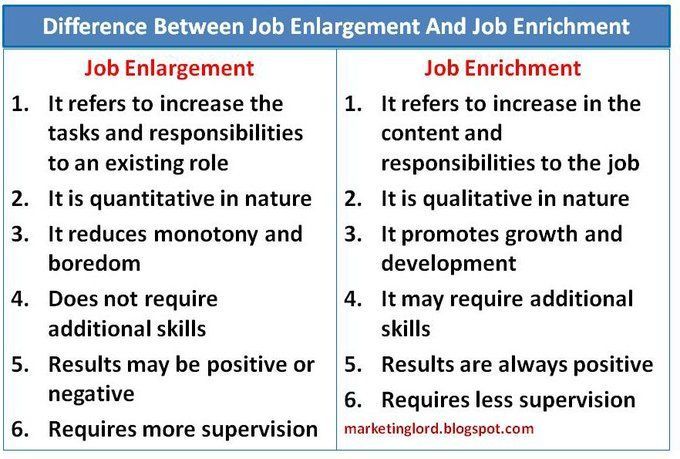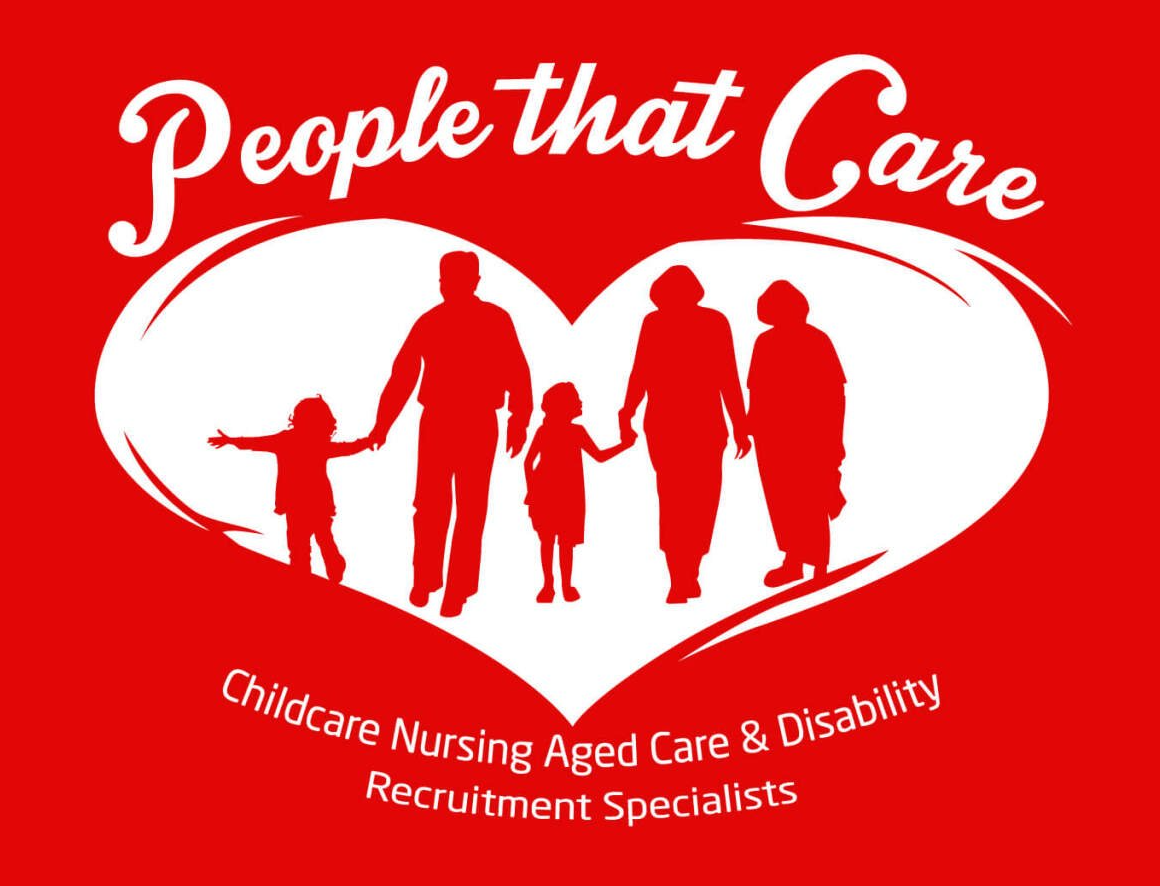How to Respond to a Job Rejection Email? Here Are 3 Emails Ready to Copy & Paste
Learning how to respond to a job rejection email is a skill that turns a setback into a strategic step forward.
There you are, after rounds of interviews and building connections, feeling so close to landing the job—only to open your inbox to "We've decided to move forward with another candidate."
Yes, it's tempting to just hit delete on that message and swiftly move on, convincing yourself it's their loss, not yours.
But the smarter move? Taking a deep breath and crafting a response to that job rejection. It's actually a valuable opportunity to:
- showcase your professionalism;
- get feedback;
- and to keep the door open for future possibilities.
Let's explore how you can respond to a job rejection in a way that does just that.
Table of Contents
Click on a section to skip
- Why respond to a job rejection email?
- Key elements of a job rejection email response
- How to respond to a job rejection email in 5 steps
- Job rejection email response (3 examples)
- Moving forward after a job rejection
- Key takeaways: How to respond to a job rejection email
Why respond to a job rejection email?
Responding to a job rejection email might seem like the last thing you want to do.
However, sending a thoughtful reply can actually turn a moment of rejection into a great career development opportunity.
Here’s why it’s a step you should consider:
- Showcases your professionalism. In many industries, connections are everything. Staying professional even after a rejection can lead people to recommend you elsewhere or reconsider you for future roles.
- Allows you to get feedback. Asking for feedback with, "Could you provide any feedback on my interview or application?" might give you specific insights. This feedback is gold—it tells you what you did well and what to improve on, directly from the source.
- Keeps the door open for future opportunities. A polite response to a rejection keeps a positive relationship with the company. Roles often reopen, and new ones come up. Companies remember great candidates and might reach out to you first for a better-fit opportunity in the future.
Key elements of a job rejection email response
When you're drafting a reply to a job rejection email, keeping things professional yet not too formal is key.
Here are the key components each job rejection email response needs to include:
- Subject line. The subject should clearly reflect the situation. Something like "Thank you for the update" or "Thank you for your consideration" will do.
- Expression of gratitude. Kick things off by saying thanks. A simple "Thank you for letting me know" goes a long way. It shows you're cool with their decision and appreciate being in the running.
- Rejection acknowledgment. Briefly acknowledge the rejection. “I’m disappointed, but I understand your decision.”
- Feedback request. Ask for feedback in a way that’s earnest and non-demanding. “I’d be grateful for any feedback you could share to help me improve.” It signals that you’re open to growth and value their input.
- Interest in future opportunities. Express your ongoing interest in the company and future roles. “I remain very interested in joining your team and would love to stay in touch.” This indicates you’re still enthusiastic about the company and open to future opportunities.
- Sign off. End on a positive note. “Thank you again for the opportunity, and I hope we can connect in the future.” And include your contact information!
Next up, we'll break down how to piece these elements together, step-by-step, creating a response that's genuine and to the point.
How to respond to a job rejection email in 5 steps
Creating a balanced response to a job rejection email involves combining professionalism with a touch of personal touch.
Here's how to do it, step by step:
- Start by expressing gratitude.
- Begin by expressing gratitude. It shows respect for the time the hiring team spent with you. Example: "Thank you for letting me know about your decision and for the opportunity to interview with your team."
- Acknowledge the rejection.
- Directly acknowledge that you’ve received their decision. It's okay to express disappointment, but keep it brief and respectful. Example: "While I'm disappointed I won't be joining your team at this time, I understand your decision."
- Politely request feedback.
- Asking for feedback shows you're keen to grow. Make sure your request is polite and not demanding. Example: "I would greatly appreciate any feedback you could share from my interviews or application to help me improve."
- Express interest in future opportunities.
- Demonstrate your ongoing interest in the company and future opportunities. Example: "I remain very interested in your company and would love to be considered for any future roles that match my skills and experience."
- Sign off professionally and include your contact information.
- End your email on a positive note, leaving the door open for future communication – that includes providing your contact information at the end. Example: "Thank you again for the opportunity and your consideration. I wish you and your team the best and hope we might cross paths in the future."
Job rejection email response (3 examples)
In this chapter, we dive into crafting the ideal reply to a job rejection email.
You'll find three example responses:
- simple
- laid-back
- formal
Feel free to copy, paste, and personalize these templates to fit your situation and leave a positive impression on your potential future employer.
Simple job rejection email response example
The first way how to respond to a job rejection email is very simple and to the point – suitable for any situation you find yourself in.
Subject: Thank you for the opportunity
Dear [Interviewer’s Name],
Thank you for letting me know about the decision. While I’m disappointed not to be moving forward, I appreciate the chance to interview for [Position Name].
If possible, I’d welcome any feedback you might have on my interview or application, as I’m always looking to improve.
I remain interested in [Company Name] and hope to find an opportunity to work together in the future.
Thanks again for your time and consideration.
Best regards,
[Your Name]
[Email address]
[Phone number]
Informal job rejection email response example
This second example is less formal and more laid back. It's very suitable if you were applying for a job in a company which has a very laid back culture or you know the people you were interviewing with.
Subject: Thanks for the update!
Hi [Interviewer’s Name],
Thanks for filling me in on your decision.
Bummer it didn’t work out this time, but it was great getting to meet everyone and learn about [Company Name].
Any chance you could shoot over a bit of feedback? I’m always trying to get a bit better at this whole process.
I’m definitely still keen on the vibe at [Company Name], so if something else pops up that you think fits, let me know!
Cheers and thanks again,
[Your Name]
[Email address]
[Phone number]
Formal job rejection email response example
This last job rejection email response is suitable if the company you interviewed with is very formal and you want to reflect this.
Dear [Interviewer’s Name],
Thank you for informing me of your decision regarding the [Position Name] position.
Although I am naturally disappointed by the outcome, I greatly value the opportunity to have engaged with your esteemed team and to have gained insight into the admirable work culture at [Company Name].
I would be most appreciative if you could provide me with any feedback from my interviews or application materials that might assist me in my continuous professional development.
Please consider me for any future opportunities that may arise within your organization, as I remain deeply interested in contributing to [Company Name]‘s success.
Thank you once again for your time and consideration. I wish you and your team the very best moving forward and hope that our paths may cross again in a professional capacity.
Warmest regards,
[Your Name]
[Email address]
[Phone number]
Moving forward after a job rejection
Facing job rejection is tough, but it’s also a universal part of the career journey.
How you move forward can set the stage for future success. Here’s how to bounce back stronger:
- Reflect on the experience. Take some time to process the rejection. Reflect on the interview process and any feedback you received. What did you learn? What can you improve?
- Update your resume and cover letter. Armed with new insights, revisit your resume and cover letter. Make updates based on what you’ve learned. Consider new ways to highlight your skills and experiences that align with what employers in your field are looking for.
- Expand your skill set. Identify any gaps in your skills or knowledge that became apparent during the interview process. Look for courses, workshops, or online resources to help you improve in these areas.
- Network. Continue to build and engage with your professional network. You can even consider connecting with the interviewers from the company that rejected you on LinkedIn.
- Keep applying. Don’t let one rejection stop you. Keep searching for opportunities and applying. Each application and interview is a chance to practice your skills and get closer to the job that’s right for you.
Maybe it's time to update your resume.
Let AI help you with the writing and select a beautiful resume template to go along.
Key takeaways: How to respond to a job rejection email
When you get a job rejection email, answering back is a smart move – even though it's probably the last thing you want to do.
It shows you're professional, keeps you on their radar for future jobs, and might even get you some helpful tips on how to improve.
Here's how you write the perfect response to a job rejection email in 5 steps:
- Start by expressing gratitude.
- Acknowledge the rejection.
- Politely request feedback.
- Express interest in future opportunities.
- Sign off professionally and include your contact information.
But what if the tables are turned and you're the one saying 'no thanks' to a job offer?
Just like responding well to a rejection, turning down an offer the right way keeps things smooth and professional.
Source: https://blog.kickresume.com/how-to-respond-to-a-job-rejection-email/


